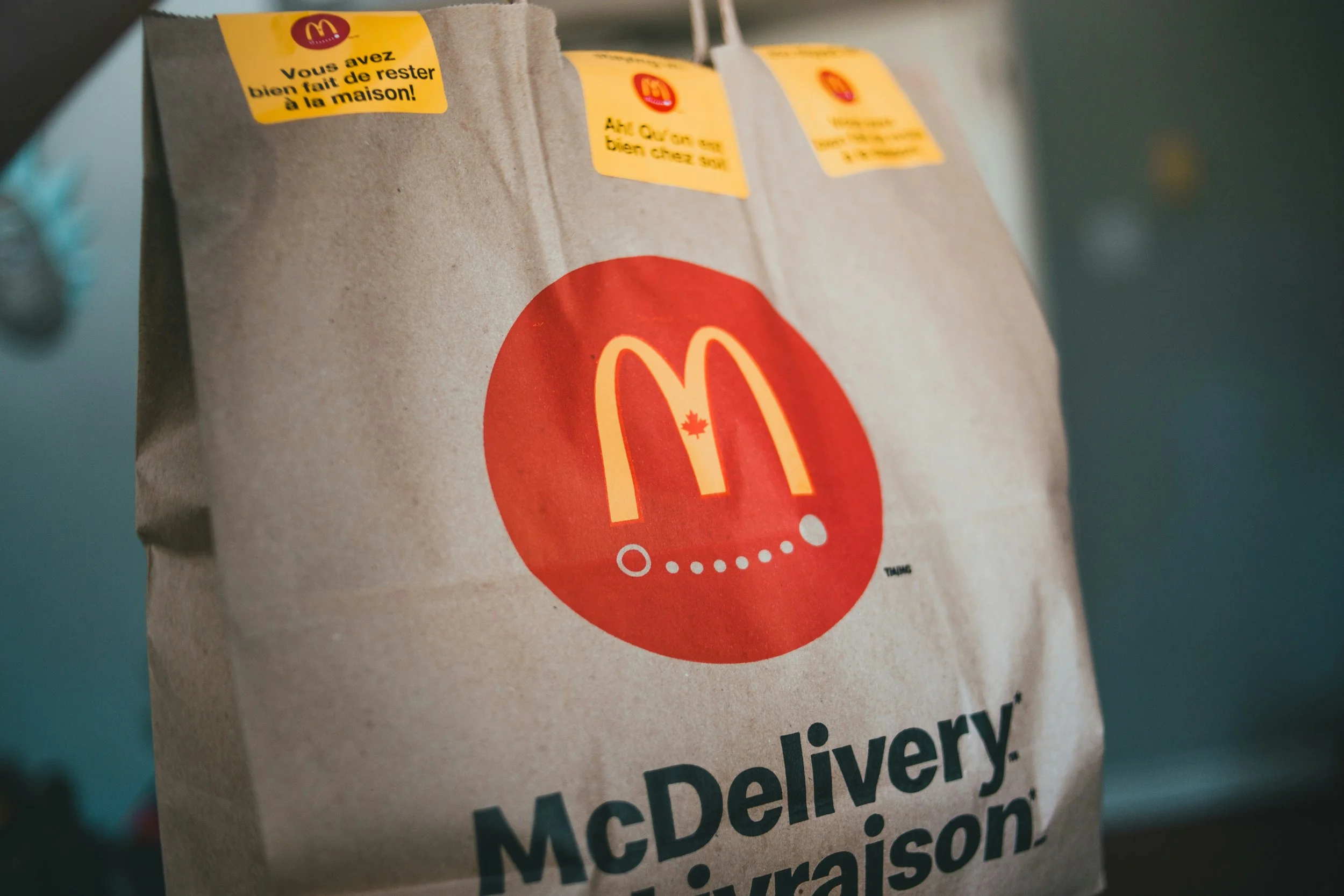The Illusion of Free Will: The Battle for a Healthy Lifestyle
Photo by Erik Mclean on Unsplash
Recently, while watching the new Netflix documentary, “Don’t Die — The Man Who Wants to Live Forever,” I was struck by something Bryan Johnson (the entrepreneur turned anti-aging enthusiast, who is the focus of the documentary) said. He explained that he eats the way he does to eliminate “free will” from his food decisions, acknowledging that his mind can be his own worst enemy when it comes to food — a struggle that is, in many ways, culturally engineered.
In modern society, we are often reminded of our autonomy, our freedom to make choices, and our power to shape our lives as we see fit. But is this freedom truly ours, or is it an illusion carefully constructed by external forces? Nowhere is this question more pertinent than in the struggle to maintain a healthy lifestyle amidst a landscape engineered to tempt, distract, and mislead us.
The Not So Subtle Manipulation of Choice
Brightly lit aisles in grocery stores, fast food restaurants on every corner, and targeted commercials and social media content — our environment is carefully curated to steer us toward specific behaviors. The food industry, armed with billions of dollars and an army of psychologists and marketers, carefully crafts products and advertisements to exploit our biological predispositions. Salt, sugar, and fat are combined in precise proportions to create “hyper-yummy” foods — foods so “good” that they override our natural feelings of fullness.
Meanwhile, advertisements bombard us with images of happiness, family, and success, not so subtly linking unhealthy products to emotional fulfillment. The sheer prevalence of these messages makes it nearly impossible to escape their influence. Even the most disciplined individuals find themselves reaching for a bag of chips or a sugary soda, not because they truly want it, but because they’ve been conditioned to associate it with comfort or reward.
Photo by American Heritage Chocolate on Unsplash
Economic and Social Pressures
Beyond marketing, economic and social factors also play a significant role in shaping our choices. Healthy foods are often more expensive and less accessible than their unhealthy counterparts, particularly in lower-income areas. Fast food outlets line the streets of urban neighborhoods, offering convenience and affordability, while fresh produce remains scarce.
Social norms further complicate the issue. Celebrations revolve around cakes and sweets, and declining a drink at a party is often met with puzzled looks or outright pressure. In this environment, making healthy choices requires not only financial resources but also significant social resilience — a burden that many are unable to bear.
The Illusion of Agency
When we examine the forces at play, the concept of free will begins to crumble. Are we truly making choices, or are we merely responding to a system designed to steer us toward specific behaviors? The illusion of agency allows industries to absolve themselves of responsibility. If people are overweight, it’s because they “chose” to eat poorly. If they are sedentary, it’s because they “decided” to binge-watch television instead of exercising. This narrative shifts the blame from systemic issues to individual failings, perpetuating a cycle of guilt and shame.
Photo by Mohamed Nohassi on Unsplash
Reclaiming Control
While the deck may be stacked against us, acknowledging the illusion is the first step toward reclaiming control. We do, in fact, have free will, and having an awareness of how our environment shapes our choices empowers us to question and resist these influences. Policies that regulate advertising, improve access to healthy foods, and educate the public about nutrition can help level the playing field. On a personal level, small changes — like meal prepping, mindfulness practices, or setting boundaries around social eating — can make a significant difference.
Conclusion
The battle for a healthy lifestyle in modern society is not merely a matter of personal willpower. It is a fight against a system that profits from our struggles. Recognizing the illusion of free will in our choices is not about surrendering to helplessness, but about understanding the forces at play and finding ways to navigate them. Only by doing so can we hope to make truly autonomous decisions and build a society that supports, rather than undermines, our health and well-being.


